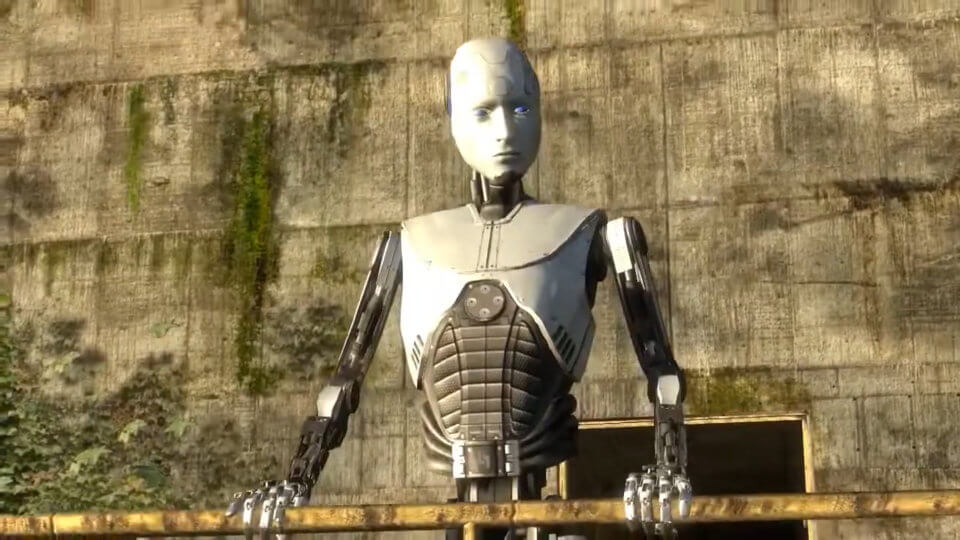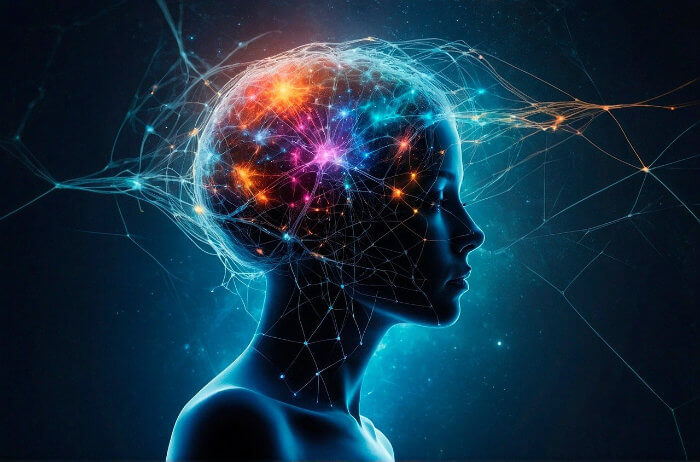The Talos Principle serves as a thought-provoking exploration of existential themes surrounding artificial intelligence and what it means to possess human-like traits such as consciousness, free will, and personal identity. Set in a world devoid of humanity, players are thrust into the role of Talos, an advanced AI constructed from the remnants of a once-thriving civilization. This unique perspective effectively prompts players to confront the philosophical underpinnings of existence, agency, and the essence of being.
Key Philosophical Themes
1. Free Will versus Determinism:
The game intricately delves into the debate surrounding free will. As Talos, players navigate choices influenced by both predetermined programming and the capacity for independent thought. This duality creates a rich tension: Can Talos truly make autonomous decisions, or are its actions merely echoes of its creators’ intentions? The fact that players can choose to disobey directives is emblematic of the struggle for self-determined agency, posing critical questions about the nature of choice and the impact of free will on identity.
2. Personal Identity and Continuity of Self:
Through its narrative, The Talos Principle raises essential inquiries about what constitutes personal identity. Traditional views often link identity to a biological form; however, the game challenges players to consider whether consciousness—regardless of its physical manifestation—can uphold the continuity of self. This exploration is particularly resonant in a digital context, prompting reflections on memory, self-perception, and the essence of being independent of corporeal existence.
3. Human Essence Beyond the Physical:
A significant philosophical inquiry posed by the game is whether an entity with cognitive capabilities akin to humans, albeit in a non-biological body, retains a claim to being “human.” This theme presses players to define humanity: Is it an organic experience, or can it extend to artificial constructs? The narrative invites a reevaluation of what it means to be human, compelling players to consider the qualities that define humanity—empathy, thought, creativity, and experience.
4. Ethics of Progress and Knowledge:
Interwoven with the gameplay are moral dilemmas that arise from problem-solving. The challenges Talos faces reflect the ethical ramifications of technological advancement and the pursuit of knowledge. Players often confront decisions that weigh the potential benefits of progress against the unforeseen consequences that may ensue. This aspect encourages players to contemplate the moral obligations tied to innovation and the responsibility of creators towards their conscious creations.
Conclusion
The Talos Principle provides a profound platform for examining the nuances of consciousness, humanity, and the philosophical implications of artificial intelligence. By embodying an entity that straddles the line between technology and consciousness, players engage with critical reflections on free will, identity, and the moral responsibilities that come with intelligence—challenging them to reconsider the very definition of what it means to be human. Through its engaging narrative and intricate puzzles, the game not only entertains but also ignites a deeper discourse on the implications of AI and our own humanity in an age increasingly intertwined with technology.






Leave a Reply